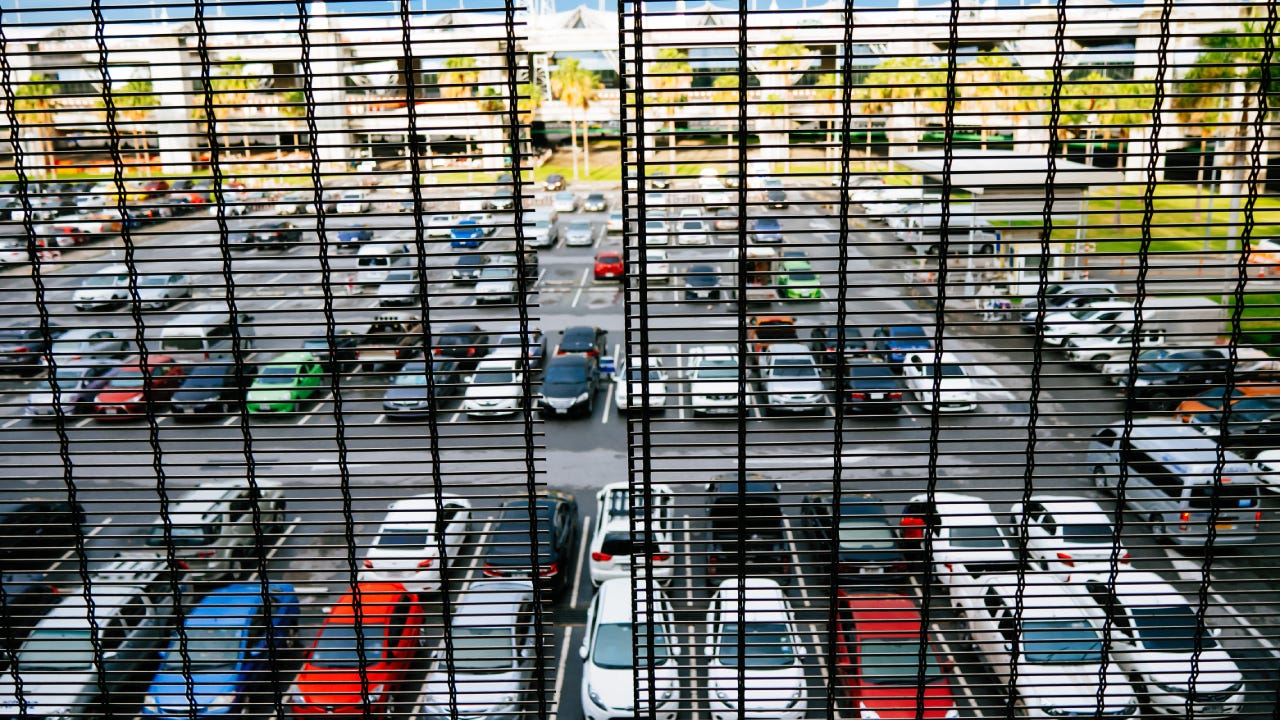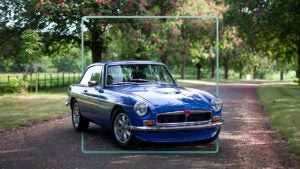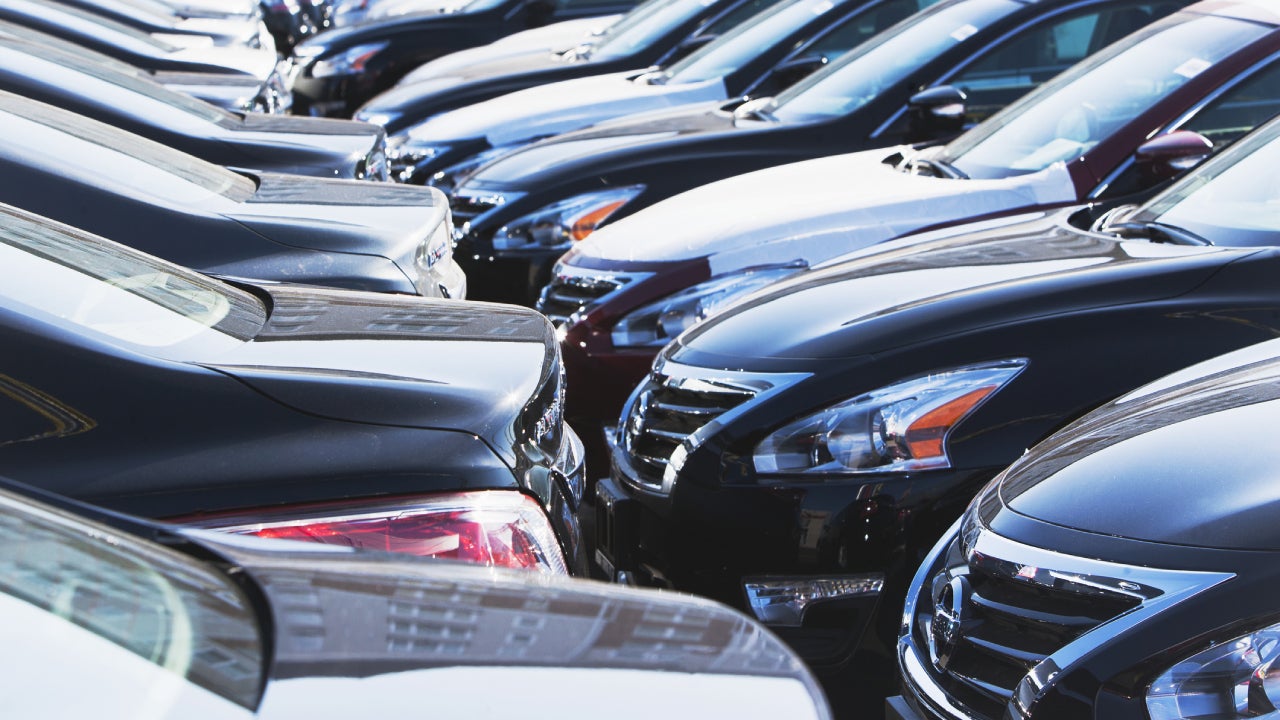How to get your car out of impound without insurance




Key takeaways
- Your car can be impounded for a variety of reasons, including driving an unregistered or uninsured vehicle.
- If your car is impounded due to lack of insurance, you will need to obtain insurance and pay all related fees to get it out of the impound lot.
- In most situations, only the registered owner of the car has the authority to get the car out of the impound lot.
Getting your car out of impound is stressful enough — not having insurance just adds another layer to the headache. Whether your car got towed after an accident, you racked up one too many parking tickets or your insurance lapsed, you’re probably wondering what options you have right now. Deep breath — there’s some good news. Even without insurance, there are practical ways to get your car back. We’ll walk you through the whole process, from the documents you’ll need to show up with, to your alternatives when insurance isn’t in the picture.
What happens when your car is impounded?
When your car is impounded, it means it’s been taken to a secure storage facility, usually by police or a towing company. This can happen for various reasons. However, getting your car back isn’t just a matter of showing up with cash. You’ll need to prove it’s your car, handle some paperwork and meet certain requirements that can vary by location.
Different states have their own rules about impound time limits and what you’ll pay. Here’s what you need to know in some major states:
- California: Your car could be held for up to 30 days for certain violations, like driving without a license (Vehicle Code 22651 VC). However, you can contest the tow by requesting a hearing within 30 days.
- Arizona: Towing companies have to inform local law enforcement within an hour of towing your car. While daily storage fees are capped at $15, watch out for extra charges for special handling.
- Florida: Towing companies must be upfront about their fees — ask for their rate sheet. Once you’ve paid what you owe, they have to release your car.
When a vehicle is impounded, per-day storage fees apply each day the car is there. If you find out that your car has been impounded, try to get it out right away to avoid additional storage fees and the possibility of losing ownership of the vehicle. Many states have a time limit on how long a car can stay in the impound lot before the towing company is allowed to sell or scrap the car for parts.
Does getting your car impounded affect your insurance?
The act of having your car impounded does not directly affect your car insurance rates. However, if your car was impounded because of a lack of insurance, being unregistered or because of moving violations, this could potentially lead to higher premiums. Driving without insurance is considered “risky behavior” and is a rating factor insurance companies underwrite for.
If you are stopped due to speeding or a DUI, driving without insurance is usually an additional offense that causes more state fees and an additional surcharge to your car insurance. Maintaining an active insurance policy is a simple way to avoid these extra expenses.
Can impound fees be waived?
Yes, you might be able to catch a break on impound fees, but it really comes down to where you live and what happened to your car. For example, if someone stole your car and it ended up in impound, many cities would cut you some slack since it wasn’t your fault. Some cities even offer programs to help people who are struggling financially — meaning they might reduce or even completely waive those towing and storage fees.
Your best move is to reach out to the impound lot or city officials right away. Just be ready to back up your case with paperwork, like a police report or proof that you’re facing financial hardship. While there’s no guarantee you’ll get fees waived, moving quickly and having your documents ready could be the difference in lowering what you’ll need to pay.
Reasons why your car might be impounded
There are several reasons why your car might be impounded. Here are a few common scenarios:
- Driving without a valid driver’s license: If you’re caught driving without a valid license, your car can be impounded.
- Driving without active car insurance: Driving without insurance is a serious violation and can lead to your car being impounded in most states.
- Unpaid parking tickets: Accumulation of unpaid parking tickets can lead to your car being towed and impounded.
- Illegal parking: If you park your car illegally, it can be towed and impounded.
- Unregistered car: In most states, your vehicle needs to be registered before it can be driven or parked on a public road. Note that having an expired registration is different and typically warrants a ticket, not impound.
- Driving under the influence: Drivers who get pulled over for a DUI/DWI will usually get their car impounded whether they have active insurance or not. Getting your car out of impound after a DUI/DWI can be especially difficult because you may lose your driving privileges. Another licensed driver who is listed on your vehicle’s registration may be allowed to retrieve the vehicle.
Can the police tow your car for not having insurance?
Yes, the police can tow your car for not having insurance in many states. If you are caught driving an uninsured vehicle, you may receive a citation to appear in court with proof of insurance and only need to pay a fine.
However, every state and situation is different. In many states, the police have access to license plate readers and can determine if you are driving uninsured before they even pull you over. While being stopped for speeding or reckless driving may increase the chance of having your uninsured vehicle impounded, it is common for a car to be impounded at an insurance check.
Can I get my car out of impound without car insurance?
Getting your car back from impound without insurance isn’t impossible, but it can be challenging since many states require active coverage before they’ll release your vehicle.
Here’s how to handle it:
- Check what you need first: Call the impound lot directly and ask what it requires. You’ll want to get information about any waiting periods, what paperwork it wants and exactly what you’ll need to pay.
-
Get your paperwork ready: You’ll typically need:
- Current government ID
- Vehicle title or registration that matches your name and the car
- Handle the insurance issue: If your state demands insurance, there’s no way around it — you’ll need to get coverage before it releases your car. Contact an auto insurance company to set up a policy and get immediate proof of coverage, like an insurance card or digital ID.
- Figure out payment: Be ready for several charges — towing fees, daily storage costs and administrative fees can add up fast. Also, make sure to check what forms of payment the impound lot accepts.
- Move quickly to get your car: Every day costs you more money in storage fees. Once you’ve got everything lined up, head to the lot and follow their process to get your car back. As we touched on briefly, if your car sits in the impound lot for too long, the owner of the lot could sell or scrap your car for parts.
Can I get car insurance while my car is impounded?
Yes, it’s possible to take out insurance on a car that’s currently impounded. If your car is stuck in an impound lot without insurance, you may need to secure coverage before being permitted to retrieve it. Many insurance companies conveniently offer the option to search for and buy a policy online within minutes, which could be immensely beneficial if you’re pressed to show proof of insurance to the impound lot urgently.
How to get insurance for an impounded car
In order to get your vehicle back, you must show current car insurance proof. This is a rule for all vehicles registered in the U.S. (except New Hampshire) that are being used on public roads. Let’s break down what this process may look like:
- Try your old insurance company first: Give your previous insurance company a call, especially if your policy ended recently. Many insurers are likely to work with you to restart your old policy. This route might be faster and could help you avoid extra fees that come with impound situations.
- Look for quick coverage solutions: Need a fresh policy? Most major insurers should be able to get you coverage on the same day you apply and send proof straight to your phone or email.
- Have payment ready: Insurance companies typically want money upfront when starting a new policy. This is generally at least the first month’s premium.
- Get your proof together: Once you’re insured, make sure you have proof. While most impound lots accept digital insurance cards on your phone, some might want a physical copy — check what it needs beforehand to avoid delays
Frequently asked questions
Why we ask for feedback Your feedback helps us improve our content and services. It takes less than a minute to complete.
Your responses are anonymous and will only be used for improving our website.
You may also like

Can you get insurance with a suspended license?

How to get an SR-22 without a car

Does car insurance cover your parked car?

What happens to insurance when you sell your car?


